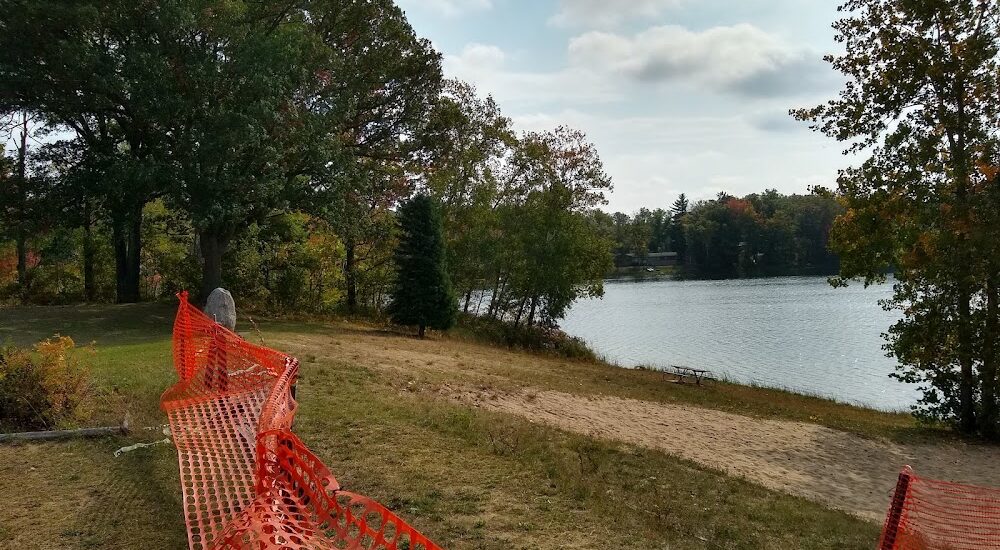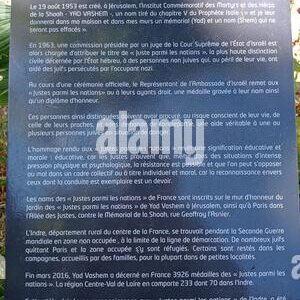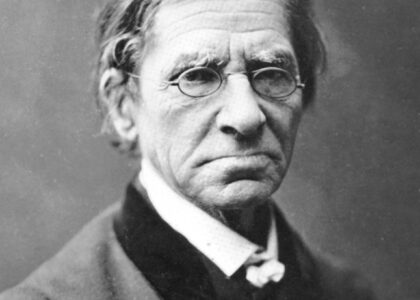Welcome to Williams Island & Historic Flamingo Club, a unique slice of American history nestled in the serene landscape of Idlewild, Michigan. Established in 1912, Idlewild became a vital haven for African Americans seeking leisure and community during a time of segregation in the United States.
The founding of Idlewild can be attributed to a group of white investors who recognized the demand for a sanctuary where African Americans could vacation and own property without the constraints of racial discrimination. Erastus and Flora Branch, along with Adelbert and Isabelle Branch, Wilbur M. and Mayme Lemon, and A.E. and Modolin Wright, spearheaded this initiative by forming the Idlewild Resort Company. Their vision was to create a thriving resort community that offered freedom and recreation to African Americans, which was rare during the Jim Crow era.
During its heyday from the 1920s through the 1960s, Idlewild was a bustling community known as the “Black Eden of Michigan.” It attracted a vibrant mix of visitors, including prominent African American entertainers, professionals, and civil rights leaders. Notable figures such as Dr. Daniel Hale Williams, the pioneering heart surgeon, were among the early property owners and frequent visitors. The island was a hub of cultural and social activity, drawing as many as 25,000 visitors in the summer months.
The Historic Flamingo Club, a centerpiece of entertainment in Idlewild, hosted legendary performers such as Duke Ellington, Louis Armstrong, and Aretha Franklin. This venue was not just a nightclub; it was a cultural landmark where music, dance, and the spirit of resistance and joy thrived despite the societal constraints of the time.
The passage of the Civil Rights Act of 1964, which outlawed discrimination in public accommodations, led to a decline in Idlewild’s popularity as African Americans could now access other resorts. However, the legacy of Idlewild endures, celebrated for its role in providing a space where African Americans could feel a sense of belonging and pride.
Today, the community continues to honor its rich history with festivals and events that draw visitors eager to connect with its storied past. Williams Island & Historic Flamingo Club remain symbols of resilience and cultural significance, echoing the voices and music of those who once walked its grounds.






